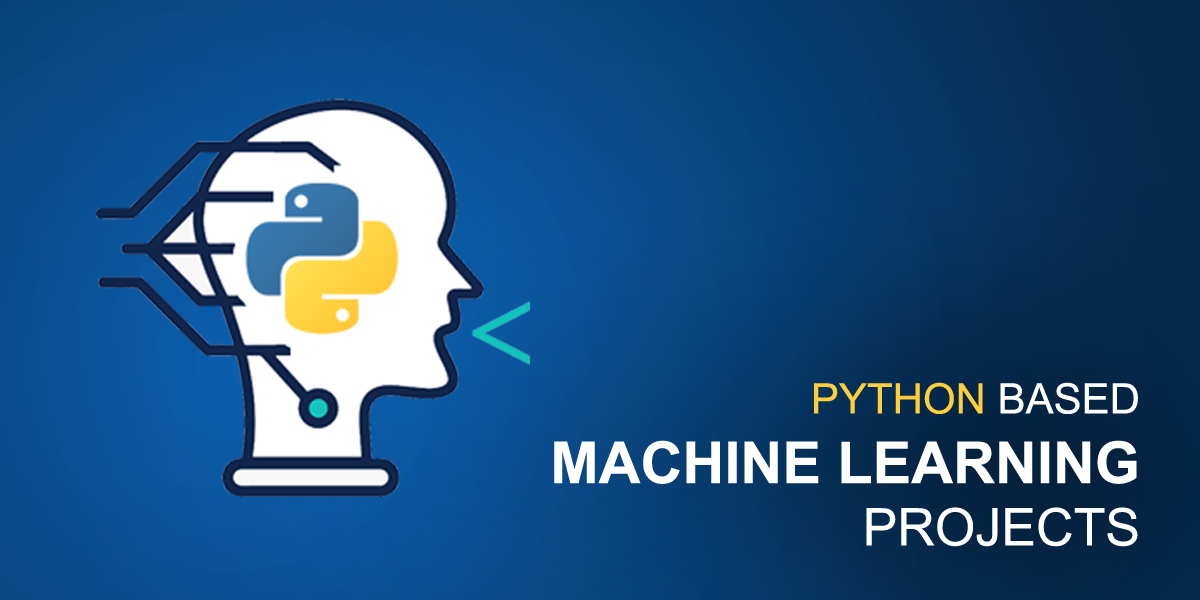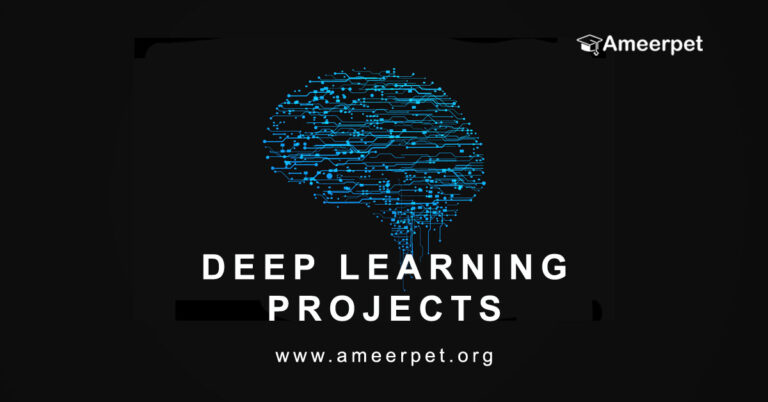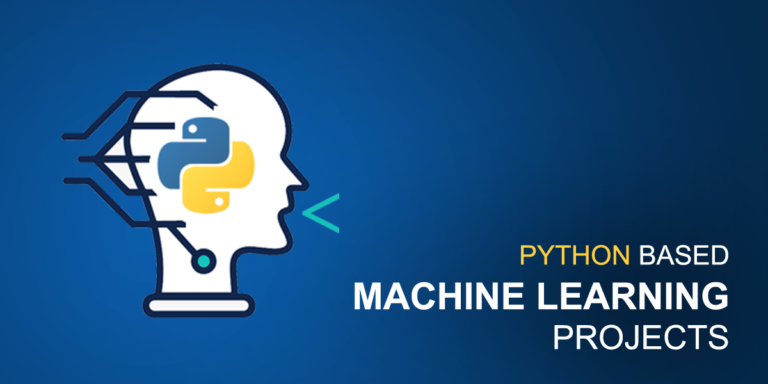
Abstract:
This article introduces DCOT-LS-SVMs, a least-squares support vector machine-based deep cross-output knowledge transfer method. It improves the generalizability of least-squares support vector machines (LS-SVMs) without the complicated parameter tuning of kernel machines. The approach has two key features: 1) DCOT-LS-SVMs is based on a stacked hierarchical architecture with several layer-by-layer LS-SVM modules. The higher-layer module has additional input features that consider all previous module predictions and uses cross-output knowledge transfer to improve the learning process in the current module. This method simplifies learning by randomly assigning model parameters like tradeoff parameter C and kernel width to each module. DCOT-LS-SVMs uses a fast leave-one-out cross-validation strategy to autonomously determine the extent of cross-output knowledge transfer between adjacent modules. Since imbalanced datasets are common in real-world scenarios, we also present IDCOT-LS-SVMs. The proposed methods are compared to five comparative methods on UCI datasets and to a prostate cancer diagnosis case study.
Note: Please discuss with our team before submitting this abstract to the college. This Abstract or Synopsis varies based on student project requirements.
Did you like this final year project?
To download this project Code with thesis report and project training... Click Here

